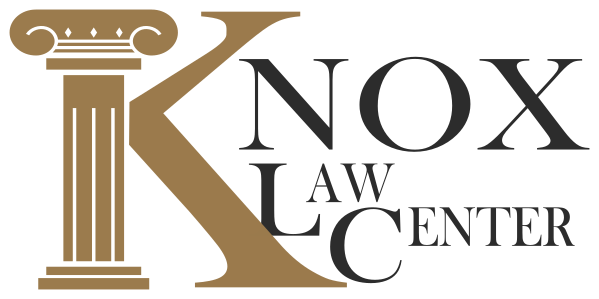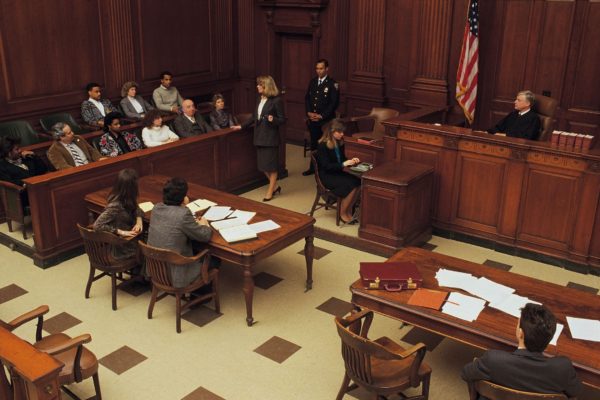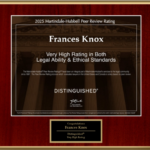[column parallax_bg=”disabled” parallax_bg_inertia=”-0.2″ extended=”false” extended_padding=”true” background_color=”” background_image=”” background_repeat=”” background_position=”” background_size=”auto” background_attachment=”” hide_bg_lowres=”false” background_video=”” vertical_padding_top=”0″ vertical_padding_bottom=”50″ more_link=”” more_text=”” left_border=”transparent” class=”” id=”” title=”” title_type=”single” animation=”none” width=”1/1″ last=”true”]
[column_1 width=”1/1″ last=”true” title=”” title_type=”single” animation=”none” implicit=”true”]
By: Lisa Godfrey
If you or a loved one has ever experienced a job loss, catastrophic illness or injury; or if you have simply gotten in over your head with credit card debt or student loans, you may have received calls or letters from a debt collection agency. In North Carolina, a company that engages in debt collection must be licensed by the Department of Insurance. Unfortunately, many out-of-state debt collectors ignore or try to skirt this requirement. If you receive annoying or harassing phone calls or letters from a debt collection agency, the first thing you should do is find out the full name of the agency and check with the North Carolina Department of Insurance to see if the agency is licensed. Debt collection by unlicensed agencies is a crime. You can register a complaint with the Attorney General of North Carolina’s office against such companies.
There are federal and state laws which protect consumers against annoying or harassing practices. It is illegal for a debt collection agency to contact you at your place of business if you ask them not to do so. It is also illegal for such an agency to contact you once you communicate to them that you are represented by an attorney.
Other debt collection practices which are strictly prohibited by statute are:
(1) Using or threatening to use violence or illegal means to cause harm to the person’s reputation or property;
(2) Falsely accusing or threatening to accuse the debtor of a crime;
(3) Making or threatening to make false accusations to another person, including a credit reporting agency, that a consumer has not paid or has willfully refused to pay a debt;
(4) Telling a debtor that he or she may be arrested if they fail to pay a debt;
(5) Telling a debtor that the non-payment may result in seizure, garnishment or attachment of property unless those things are permitted by law;
(6) Using profane or obscene language;
(7) Making repeated telephone calls to the debtor or calling the debtor at night or on weekends.
In all communications with a consumer, a collection agency must identify itself and the purpose of the call or the communication (i.e., the collection of a debt), and cannot falsely represent that it is somehow associated with the government or law enforcement. A collection agency which is not a law firm cannot represent itself to be a law firm nor can it use written communication which simulates legal process when, in fact, no lawsuit has been filed. Many collection agencies have names that make them appear to be a law firm. Do not be fooled. Ask if you are speaking to a lawyer or employee of a law firm, or if the person to whom you are speaking is employed by a collection agency. It is illegal for a collection agency employee to represent himself or herself as a lawyer. A collection agency cannot even share office space with a law firm.
If collection agencies violate these laws, they are subject to civil suits by debtors who are damaged by their practices. These damages can include emotional distress and damages to employment and reputation, as well. If violations of the statute are proven, the Court can triple any damages actually awarded, and award attorneys’ fees. If you feel you have been the victim of a debt collection agency, you should contact an attorney to find out your rights.
Lisa Godfrey is an attorney with Knox Law Center, and concentrates her practice in the area of business law. The firm has three offices with locations in Denver, Cornelius, and Charlotte. Four of the firm’s attorneys are Lincoln County residents. Please visit the firm’s website at www.knoxlawcenter.com.
[/column_1]
[/column]
[column parallax_bg=”fixed” parallax_bg_inertia=”-0.2″ extended=”true” extended_padding=”true” background_color=”” background_image=”http://knoxlawcenter.com/wp-content/uploads/scales-of-justice-extra-white.jpg” background_repeat=”” background_position=”” background_size=”auto” background_attachment=”” hide_bg_lowres=”false” background_video=”” vertical_padding_top=”30″ vertical_padding_bottom=”70″ more_link=”” more_text=”” left_border=”transparent” class=”” id=”REQUEST-CONSULTATION” title=”” title_type=”single” animation=”none” width=”1/1″ last=”true”]
[text_divider type=”single”]
How Can We Serve You?
[/text_divider]
[column_1 width=”1/1″ last=”true” title=”” title_type=”single” animation=”none” implicit=”true”]
[push h=”-20″]
Fields with * are required.
[push h=”20″]
[/column_1]
[column_1 width=”1/1″ last=”true” title=”” title_type=”single” animation=”none” implicit=”true”]
[/column_1]
[/column]






